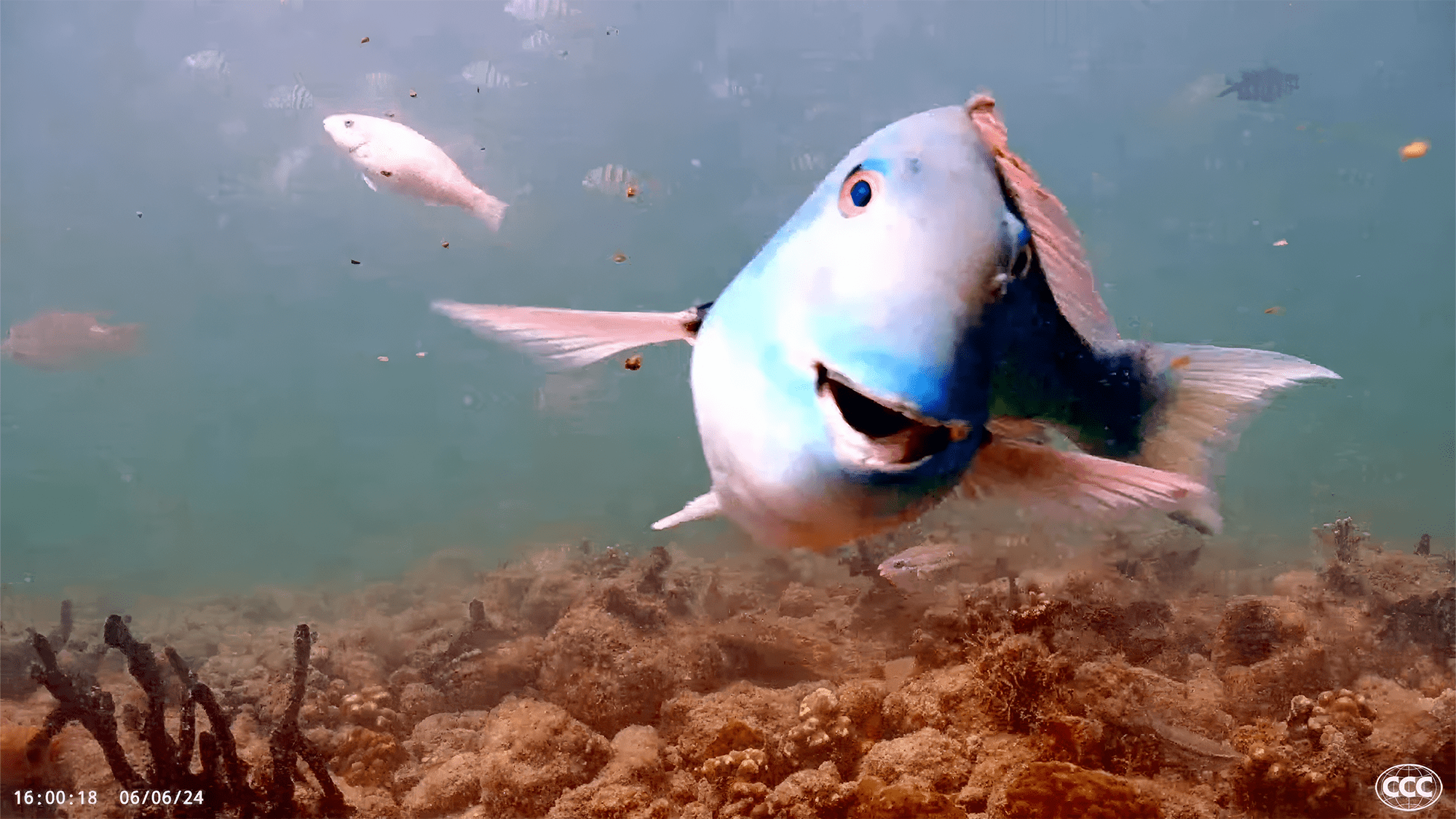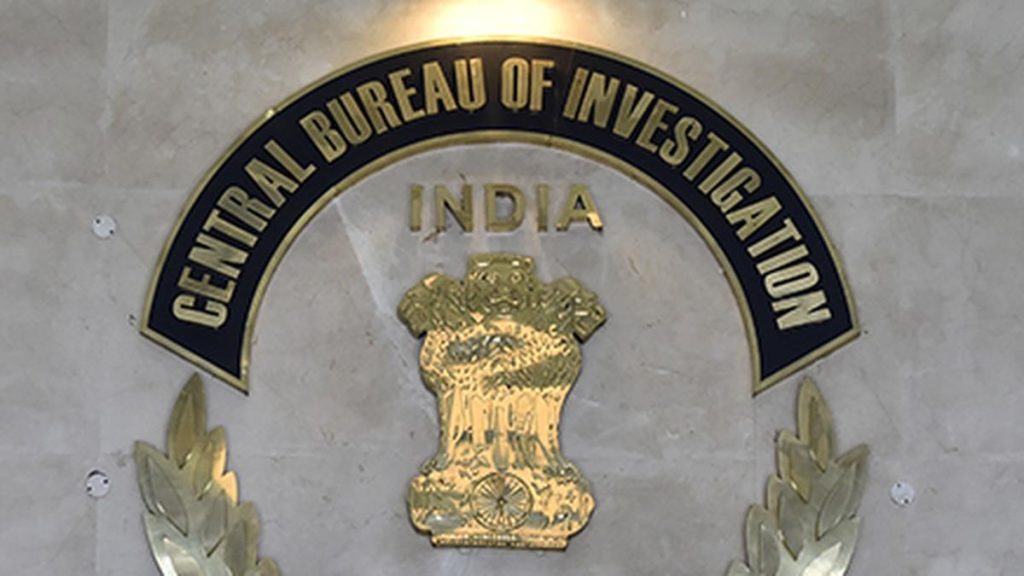Now Reading: Exploring Miami’s Coral Reefs: Q&A with the Marine Biologist Driving a Popular Livestream
-
01
Exploring Miami’s Coral Reefs: Q&A with the Marine Biologist Driving a Popular Livestream
Exploring Miami’s Coral Reefs: Q&A with the Marine Biologist Driving a Popular Livestream

Quick Summary
- Location & Ecosystem: Downtown Miami hosts thriving coral reefs at the Port of miami, enriched by nearby national parks.
- Coral City Camera Project: A public art and scientific research initiative that livestreams an urban reef ecosystem in Miami since 2019.
- Biodiversity Highlights: Over 218 species, including fish, sharks (e.g., lemon sharks), manatees, dolphins, sea turtles, squids, and sea birds observed.
- Advancements in Coral Research: Researchers identified resilient coral strains in the Port of Miami resistant too bleaching events (as seen during the Florida mass bleaching incident of 2023).
- Crucial Role of Corals: Corals support ecological health by creating habitats critical for marine life; parrotfish and other species benefit from these ecosystems.
- Infrastructure Influence: Human-made structures such as seawalls provide viable hard substrates for corals to colonize.
Image Highlights:
- Lemon shark swimming by Coral City Camera reef – CREDIT: Coral City Camera.
- Elkhorn coral adapting at Port of Miami – CREDIT: Coral City Camera.
- manatee family interacting with Reef – CREDIT: Coral City Camera.
Indian Opinion Analysis
Miami’s urban reefs showcase a fascinating intersection between human development and natural resilience-critical lessons for India as it grapples with coastal degradation risks affecting biodiversity hotspots like the Sundarbans or Lakshadweep Islands. The innovative use of technology through initiatives like live-stream cameras demonstrates an effective way to enhance public engagement and drive conservation advocacy remotely-a potential model for cities such as Mumbai or Chennai facing coastal environmental pressures.
India could draw insights from this setup about repurposing human infrastructure (e.g., jetties or seawalls) into productive habitats while maintaining biodiversity balance amidst urban expansion. Furthermore, intentional genetic selection methods employed on corals resisting extreme climate stress present significant adaptability implications relevant for India’s efforts combating marine habitat loss due to warming seas.
Investing similarly in real-time monitoring systems might spur greater national interest in safeguarding fragile marine ecosystems essential to fisheries livelihood while fostering pride rooted in ecological richness-paving pathways toward deeper reconciliation between development and sustainability.


























